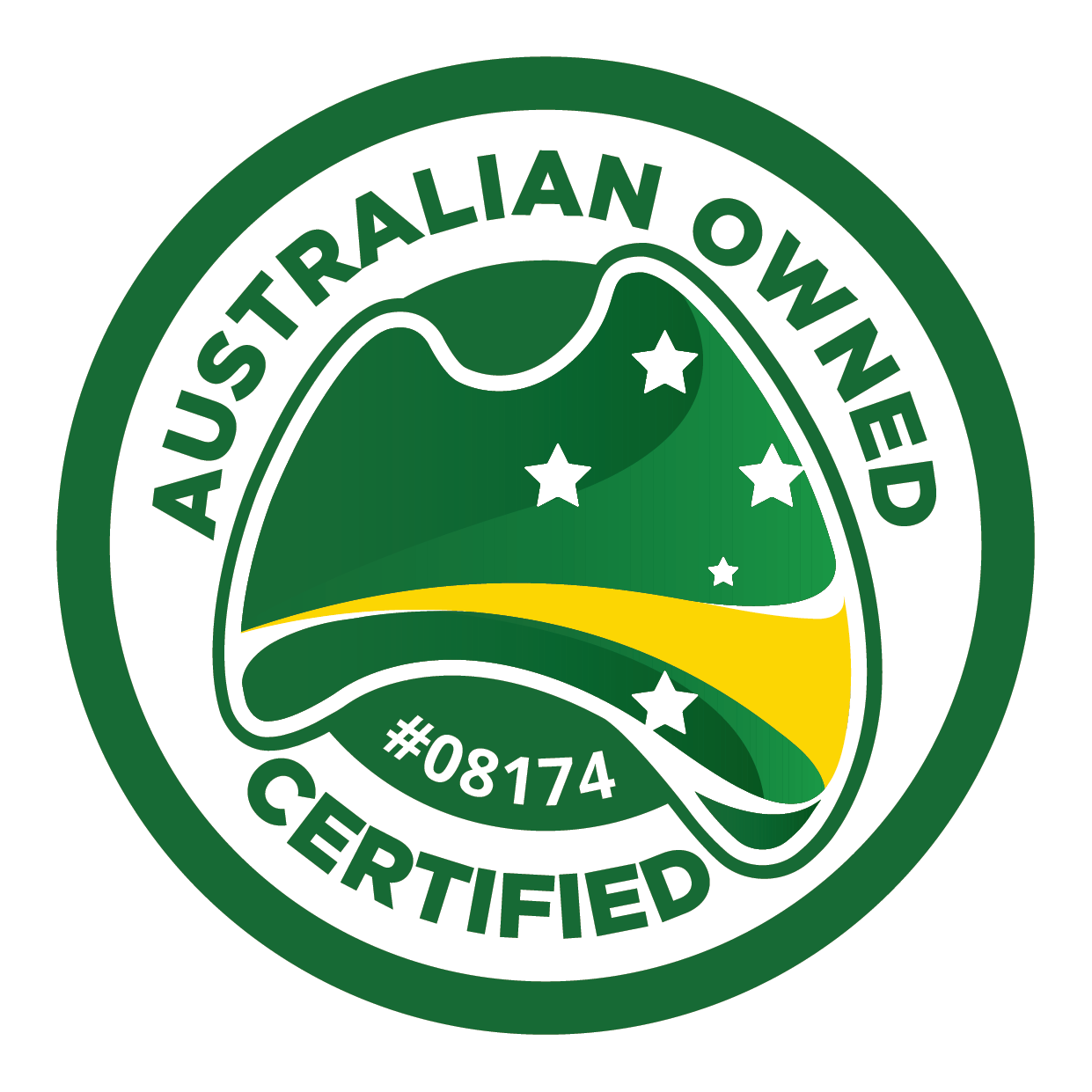Why not being prepared in the vocational education and training industry is dangerous

If a training organisation is not prepared to either research, prepare, deliver, or evaluate the training program, it could be putting both itself and its students at risk.
For example, imagine you’re a trainer who’s been asked to deliver a new program on short notice. If you’re not prepared, you may not be able to deliver the program effectively, which could jeopardise the success of the whole training initiative.
Or, imagine you’re responsible for evaluating a training program. If you’re not prepared, you may not be able to properly assess the program’s effectiveness and make recommendations for improvements.
In both cases, being unprepared can have serious implications for the quality of training and, ultimately, for the success of the organisation. That’s why it’s so important to be prepared in the vocational education and training industry.
Being unprepared can lead to a number of problems, including:
Many people are unaware of the expectations and requirements of the VET industry. This can lead to them feeling overwhelmed and unprepared, which can in turn lead to sub-par performance and results.
The skills required to be successful in the VET industry are often underestimated by those who are new to the field. This can lead to frustration and disappointment when they find themselves struggling to keep up with their peers.
Poor quality training – If an organisation is not properly prepared, the quality of the training it delivers will suffer. This could jeopardise the safety of both students and staff.
Financial loss – Unpreparedness can also lead to financial losses for a training organisation. This could happen if, for example, materials or equipment are not ordered in time and have to be rushed at the last minute, which can end up costing more money.
Student disengagement – If students feel that their training organisation is not properly prepared, they may become disengaged from their studies. This could lead to them dropping out of the course altogether, which would be a waste of both time and money.
Employers not getting employees with the right skills
The VET organisation’s reputation being damaged
Wasting time and resources
Putting participants at risk
The more unprepared you are, the more stressed you’ll likely feel. This can lead to burnout and a general feeling of dissatisfaction with your career.
Stress can also take a toll on your physical health, leading to headaches, insomnia, and other health issues.
Unpreparedness can lead to a decrease in job satisfaction, as you’ll feel like you’re not meeting your full potential. This can lead to a negative spiral of decreased productivity and engagement with your work.
Regulatory and compliance issues might lead to RTO registration concerns.
It is therefore essential that training organisations are prepared before offering any vocational education and training courses. By taking the time to research, prepare, deliver, and evaluate their programs, they can ensure that both they and their students benefit from a high-quality learning experience.
So, how can you make sure you’re prepared? First, it’s important to stay up-to-date on trends, compliance requirements and developments in the vocational education and training industry. This will help you anticipate change and be ready to adapt your programs and evaluations accordingly.
It’s important to have a good understanding of your learner’s and organisation’s specific needs. This will ensure that you’re able to tailor your programs and evaluations to meet those needs.
And finally, it’s important to build a network of colleagues and compliance experts who you can turn to for advice and support. This will give you a valuable resource to draw on when you’re feeling uncertain or challenged.
So, don’t be caught unprepared in the vocational education and training industry – make sure you’re always stay up-to-date, understand your organisation’s needs, and build a strong network of support.












